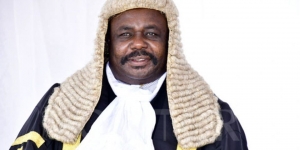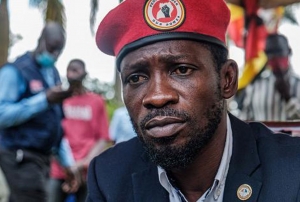What you need to know:
- The Speaker was first hospitalised at Mulago hospital and later at Nakasero Hospital before he was flown to the US. Earlier, he had been to Dubai where he underwent a surgical operation.
Government has said it will issue an official statement about the burial arrangements of Speaker of Parliament Jacob Oulanyah on Tuesday.
The minister for Presidency, Ms Milly Babalanda, tweeted on Sunday that the government will take charge of the Speaker’s burial arrangements.
“Fellow Ugandans, it’s most unfortunate to lose our speaker. I commiserate with all Ugandans and Africa at large,” Ms Babalanda said.
President Museveni on Sunday broke the news of the death of Mr Oulanyah, who had been hospitalised in Seatle, USA.
Condolence messages then started pouring in, several of which were praising the deceased for his outstanding contribution as Speaker and deputy Speaker.
The minister for ICT and National Guidance, Dr Chris Baryomunsi, said the government is scheduled to convene a meeting with Oulanyah’s family to discuss preparations for returning the body from the US.
“We have to accord the speaker a decent burial. We urge fellow countrymen and women to continue praying for the members of the deceased’s family,” he said.
About his sickness
He said the deceased had been unwell for some time and had been to several hospitals.
The minister said the Speaker was first hospitalised at Mulago hospital and later at Nakasero Hospital before he was flown to the US. Earlier, he had been to Dubai where he underwent a surgical operation.
“He has been sick and the doctors and health workers have been attending to him but as to the cause of death, I think we shall wait for a postmortem report from the doctors who have been attending to him,” he said.


